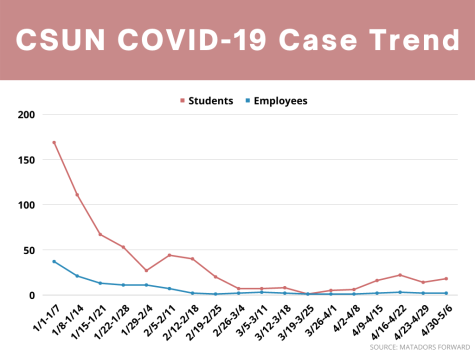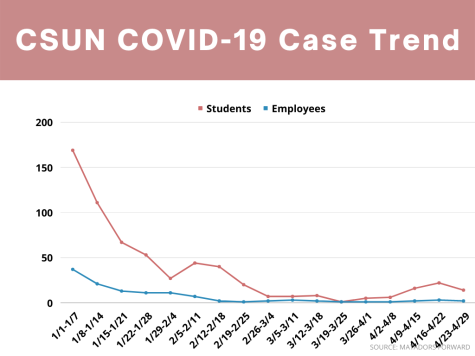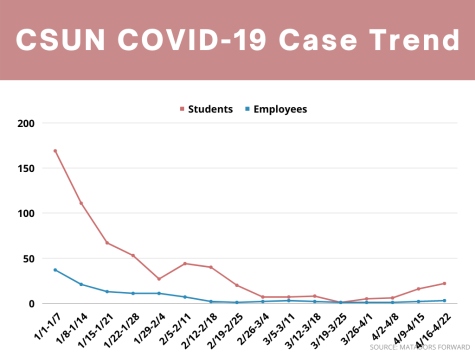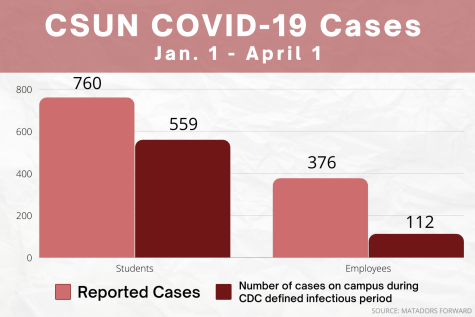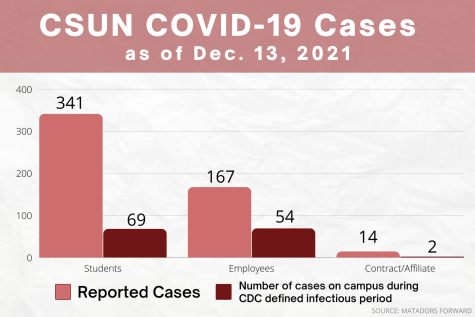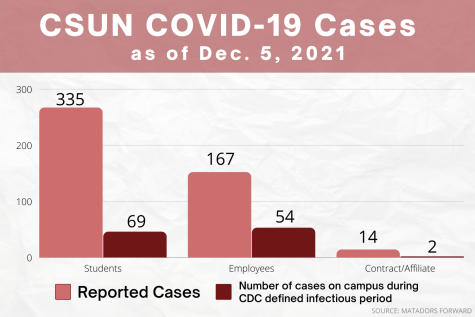US Senate reaches an agreement on a Stimulus Package
March 26, 2020
 After days of negotiations between senators and the Trump administration, the U.S. Senate has passed a bill on a $2 trillion stimulus-relief bill in hopes of rescuing the American economy from the hands of COVID-19.
After days of negotiations between senators and the Trump administration, the U.S. Senate has passed a bill on a $2 trillion stimulus-relief bill in hopes of rescuing the American economy from the hands of COVID-19.
The stimulus bill is the largest ever proposed in U.S. history\; the bill intends to provide immediate financial help to individuals, businesses and hospitals. Under the plan, single Americans should expect to receive $1,200, while married couples will receive an estimated $2,400 and another $500 per child that is eligible for child tax credit.
There are some exemptions to this bill. Individuals who have a gross income of $99,000 or more don’t qualify to receive a rebate at all\; couples without children with a gross income of $198,000 are also not qualified to receive a rebate.
While full details of the package have not yet been released, $350 billion is set aside for small business loans and $150 billion for hospitals and medical supplies. Lawmakers also agreed to increase Medicare payments to hospitals and their providers. In addition, unemployment benefits will increase by going to many more Americans, as well as an extension of jobless insurance by 13 weeks and an inclusion of a four-month enhancement of unemployment benefits.
Gig economy workers and freelancers also qualify for unemployment insurance, an amendment made after the Uber CEO Dara Khosrowshahi spoke with Senate Minority Leader Chuck Schumer on Friday asking to extend the benefits to the independent contractors.
“There’s likely new challenges in regards to this crisis that we’re going to need to address. New challenges are popping up every day, every hour,” said Sen. Dan Sullivan (R-AK.).
The pressure is being put on Congress to pass this bill quickly so the American people and the American economy can have a leg up over the virus that has spread to more than 69,000 people in the U.S. as of Wednesday, according to John Hopkins University.
While the Senate passed the bill, lines are now blurred. The House remains in a recess, which means moving the bill past Congress could take longer. However, House leaders are planning ways to get a vote in without needing lawmakers to travel back to Capitol Hill to avoid COVID-19 exposure. Multiple U.S. House representatives are currently in self-quarantine, including California’s own Katie Porter.
“My hope is that while we’re in the red zone here that we get across the finish line and that we do so in a way we can bring our bill to the floor under unanimous consent,” Speaker Nancy Pelosi (D-Calif.) told MSNBC on Tuesday.
Unanimous consent would require all members of the chamber to agree\; however, the process is often reserved for noncontroversial legislation. The process was also used during the 1918 Spanish Flu pandemic to make legislation while many lawmakers were also affected by it.
Lawmakers have approved the use of unanimous consent to move the bill to the House, however, the Senate is now entering a recess until the end of April.
“I think this is a mistake, I think it sends the wrong signal to the people we serve. I think our duty station should be here,” Sen. Sullivan said.

